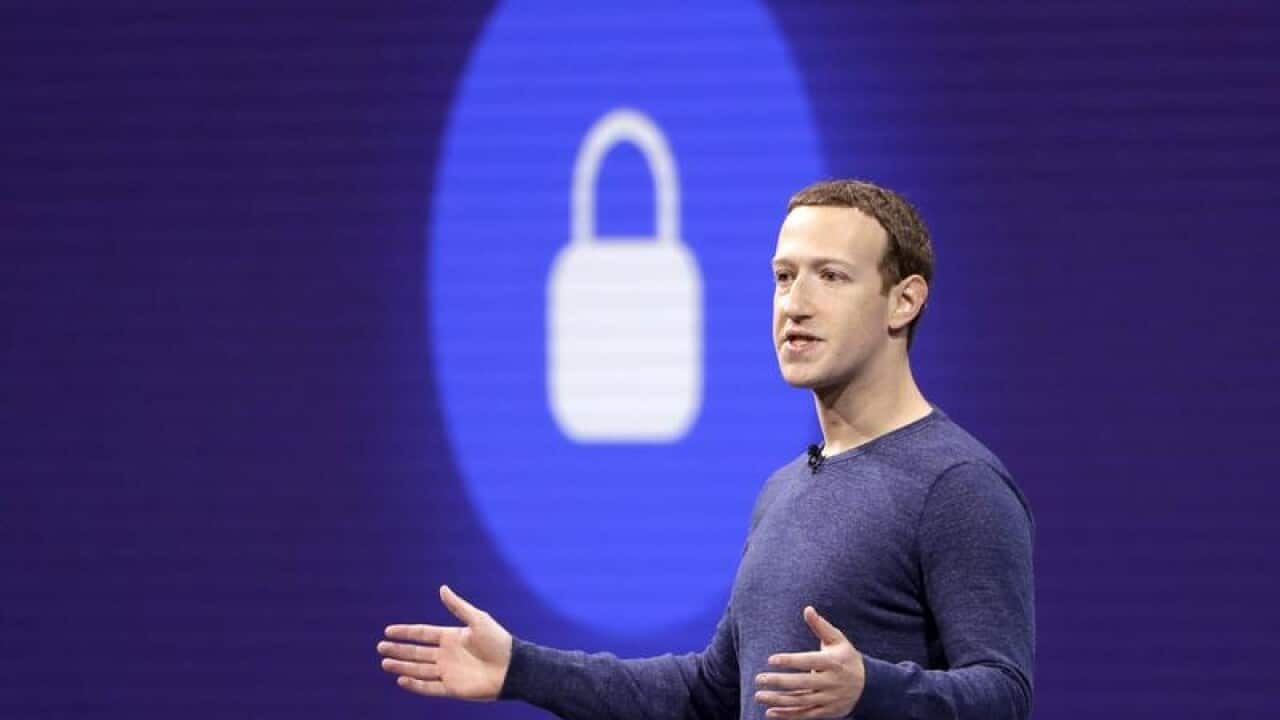Facebook Chief Executive Mark Zuckerberg says the company would encrypt conversations on more of its messaging services and make them compatible, the latest sign that the world's biggest social network sees its future in intimate online chats.
Zuckerberg said in a post on his Facebook profile that within a few years direct messaging would dwarf discussion on the traditional, open platform of Facebook's news feed, where public posts can go viral across the world.
"Working towards implementing end-to-end encryption for all private communications is the right thing to do," Zuckerberg said.
He cautioned that details of the plan could change, however, as the company consults experts throughout 2019.
The strategy could frustrate law enforcement surveillance efforts as well as lawmakers who have called on Facebook to better moderate user content. It also would limit the company's ability to generate revenue through targeted ads.
But Zuckerberg said he could live with those trade-offs because users want better control of their data while still having easy access to their contacts.
As part of Zuckerberg's strategy, a Facebook user would be able to communicate with WhatsApp users while only having a Messenger account and vice versa.
Users would also have more options for how long chats are saved, he added.
"The future of communication will increasingly shift to private, encrypted services where people can be confident what they say to each other stays secure and their messages and content won't stick around forever," he said.
"This is the future I hope we will help bring about."
Zuckerberg acknowledged that the public may be skeptical about Facebook's privacy push given the company does not have a "strong reputation for building privacy protective services."
Lawmakers, users and investors have expressed concerns over the last two years that Facebook is not doing enough to safeguard user data after a series of breaches and privacy bugs.
Facebook is one of the biggest global players in private messaging with its WhatsApp, Messenger and Instagram, each used by more than 1 billion people.
Only WhatsApp fully secures message content from all outsiders, including Facebook itself.
Police have raised concerns about introducing similar security to the other services because they would no longer be able to access online chat records to track religious extremists or other perpetrators.

